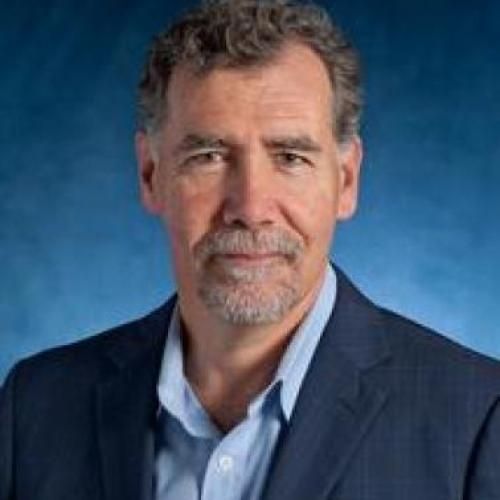
An action agenda for HIV and sex workers.
The women, men, and transgender people who sell sex globally have disproportionate risks and burdens of HIV in countries of low, middle, and high income, and in concentrated and generalised epidemic contexts. The greatest HIV burdens continue to be in African female sex workers. Worldwide, sex workers still face reduced access to needed HIV prevention, treatment, and care services. Legal environments, policies, police practices, absence of funding for research and HIV programmes, human rights violations, and stigma and discrimination continue to challenge sex workers' abilities to protect themselves, their families, and their sexual partners from HIV. These realities must change to realise the benefits of advances in HIV prevention and treatment and to achieve global control of the HIV pandemic. Effective combination prevention and treatment approaches are feasible, can be tailored for cultural competence, can be cost-saving, and can help to address the unmet needs of sex workers and their communities in ways that uphold their human rights. To address HIV in sex workers will need sustained community engagement and empowerment, continued research, political will, structural and policy reform, and innovative programmes. But such actions can and must be achieved for sex worker communities everywhere.
Duke Scholars
Published In
DOI
EISSN
Publication Date
Volume
Issue
Start / End Page
Location
Related Subject Headings
- Viral Load
- Transgender Persons
- Sex Workers
- Molecular Epidemiology
- Male
- Humans
- Human Rights
- Health Services Accessibility
- HIV Infections
- Global Health
Citation

Published In
DOI
EISSN
Publication Date
Volume
Issue
Start / End Page
Location
Related Subject Headings
- Viral Load
- Transgender Persons
- Sex Workers
- Molecular Epidemiology
- Male
- Humans
- Human Rights
- Health Services Accessibility
- HIV Infections
- Global Health


